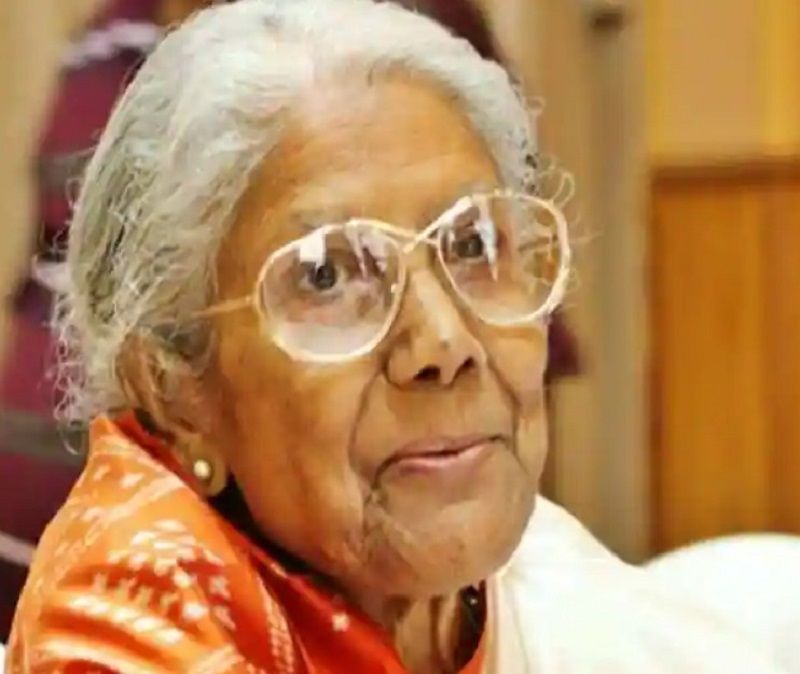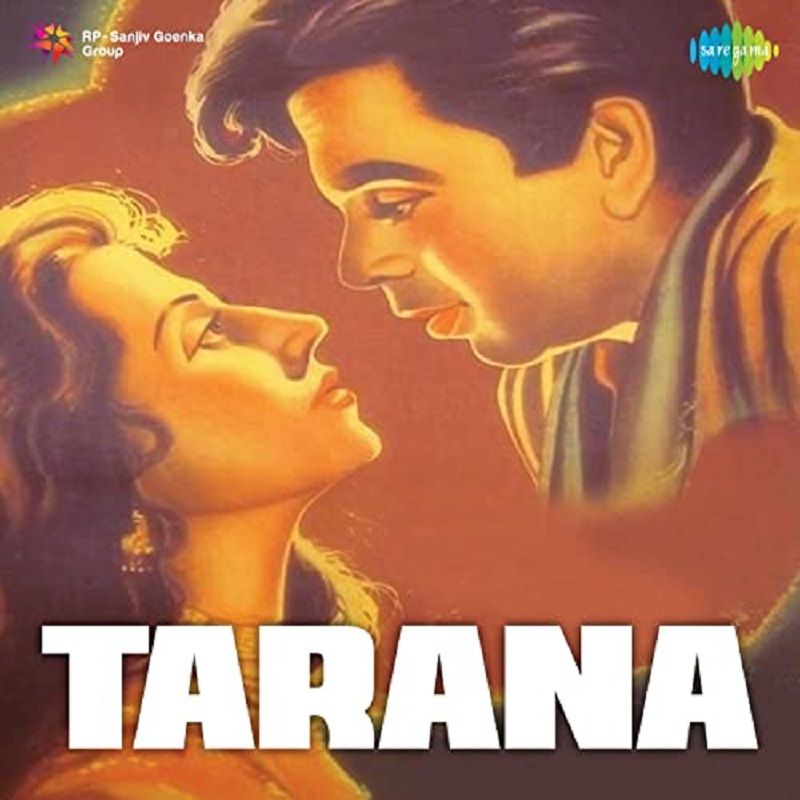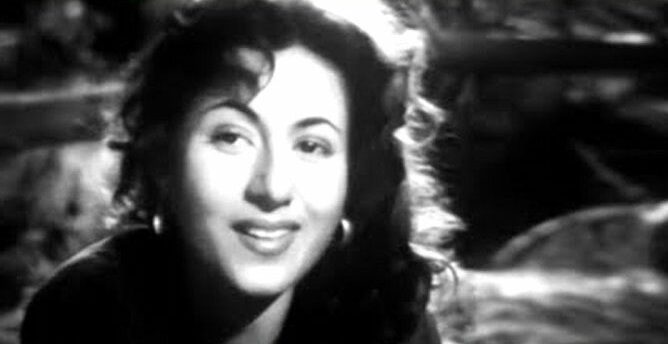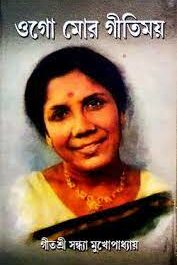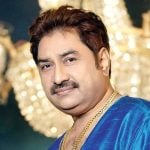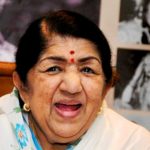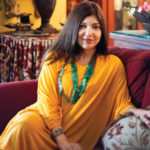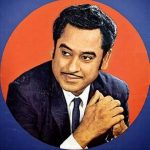Sandhya Mukherjee Age, Husband, Children, Family, Biography & More
Quick Info→
Age: 90 Years
Husband: Shyamal Gupta
Hometown: Dhakuria, Calcutta
| Bio/Wiki | |
|---|---|
| Other Names | • Sandhya Mukhopadhyay [1]The Tribune • Gitashree Sandhya Mukherjee [2]NDTV |
| Profession | Bengali Playback Singer |
| Physical Stats & More | |
| Eye Colour | Black |
| Hair Colour | White |
| Career | |
| Debut | Hindi Song: 'Ab Nahi Dharat Dheer Dheer' (1948) from the movie Anjaan Garh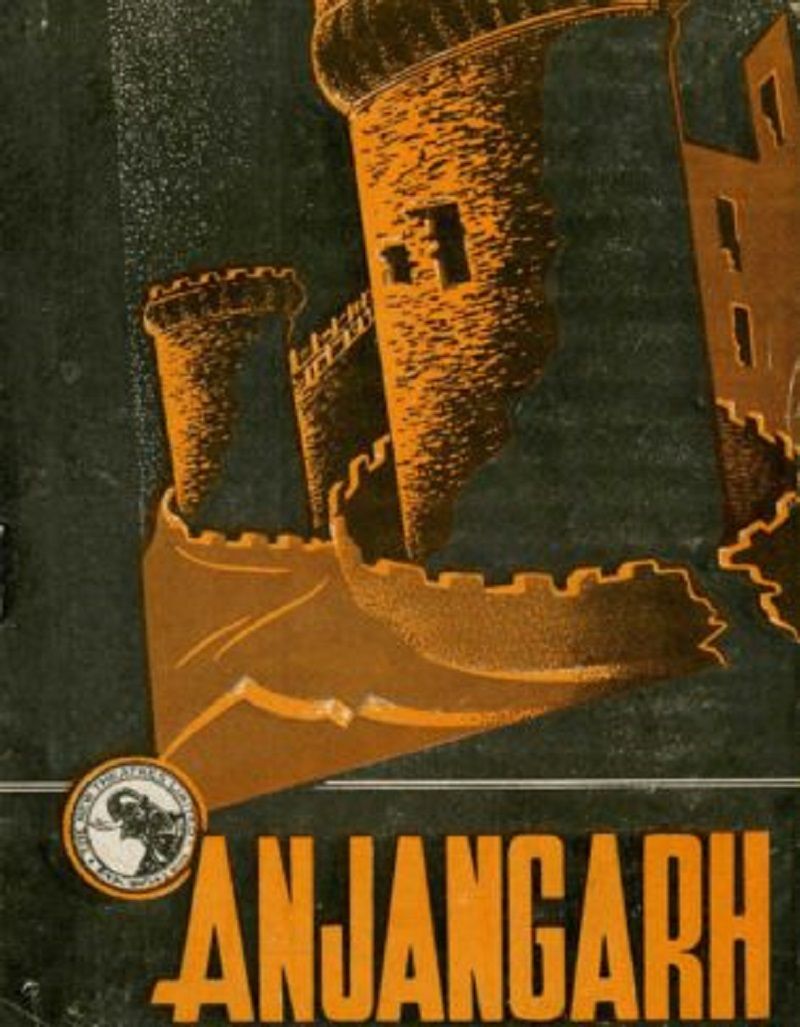 Bengali Song: 'Jhana jhanana Sur jhankare' (1970) from the movie Jai jayanti 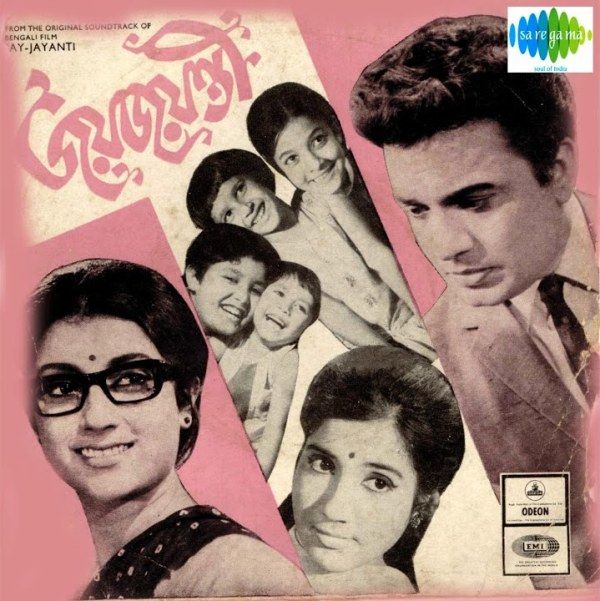 |
| Awards | • Best Female Playback Singer for Sandhya Deeper Sikha in 1965 • National Film Award for Best Female Playback Singer for her song 'Amader Chuti Chuti' in the film Jay Jayanti and 'Ore Sakol Sona Molin Holo' in the film Nishi Padma in 1970 • Best Female Playback Singer for Jay Jayanti in 1972 • Bharat Nirman Award - Lifetime Achievement Award in 1999 • Banga Bibhushan in 2011 |
| Personal Life | |
| Date of Birth | 4 October 1931 (Sunday) |
| Birthplace | Calcutta, Bengal Presidency, British Raj |
| Date of Death | 15 February 2022 |
| Place of Death | Kolkata, West Bengal, India |
| Age (at the time of death) | 90 Years |
| Death Cause | Cardiac Attack [3]Hindustan Times |
| Zodiac sign | Libra |
| Nationality | Indian |
| Hometown | Dhakuria, Calcutta |
| School | • Dhakuria Balika Vidyalaya, West Bengal • Binodini Girls' High School, West Bengal |
| Relationships & More | |
| Marital Status | Married |
| Marriage Date | Year, 1966 |
| Family | |
| Husband/Spouse | Shyamal Gupta (Bengali poet)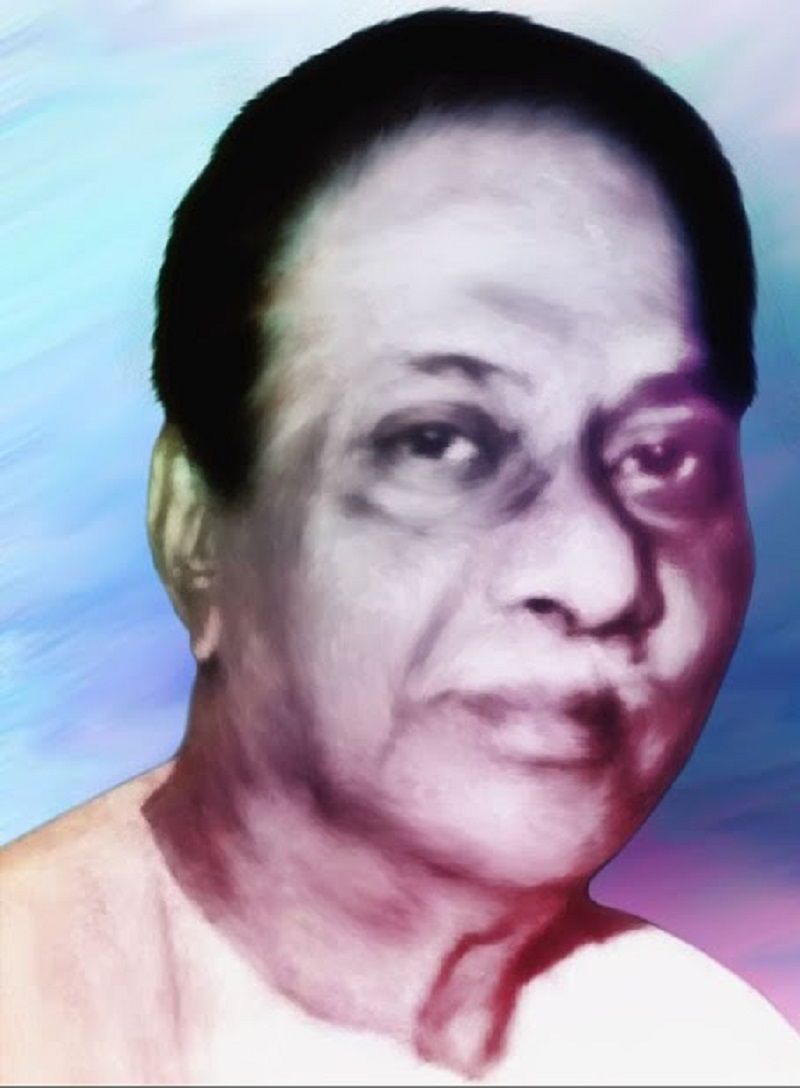 |
| Parents | Father- Narendranath Mukherjee (Railway officer) Mother- Hemprova Devi |
| Children | Daughter- Soumi Sengupta |
| Siblings | She has three brothers and two sisters. |
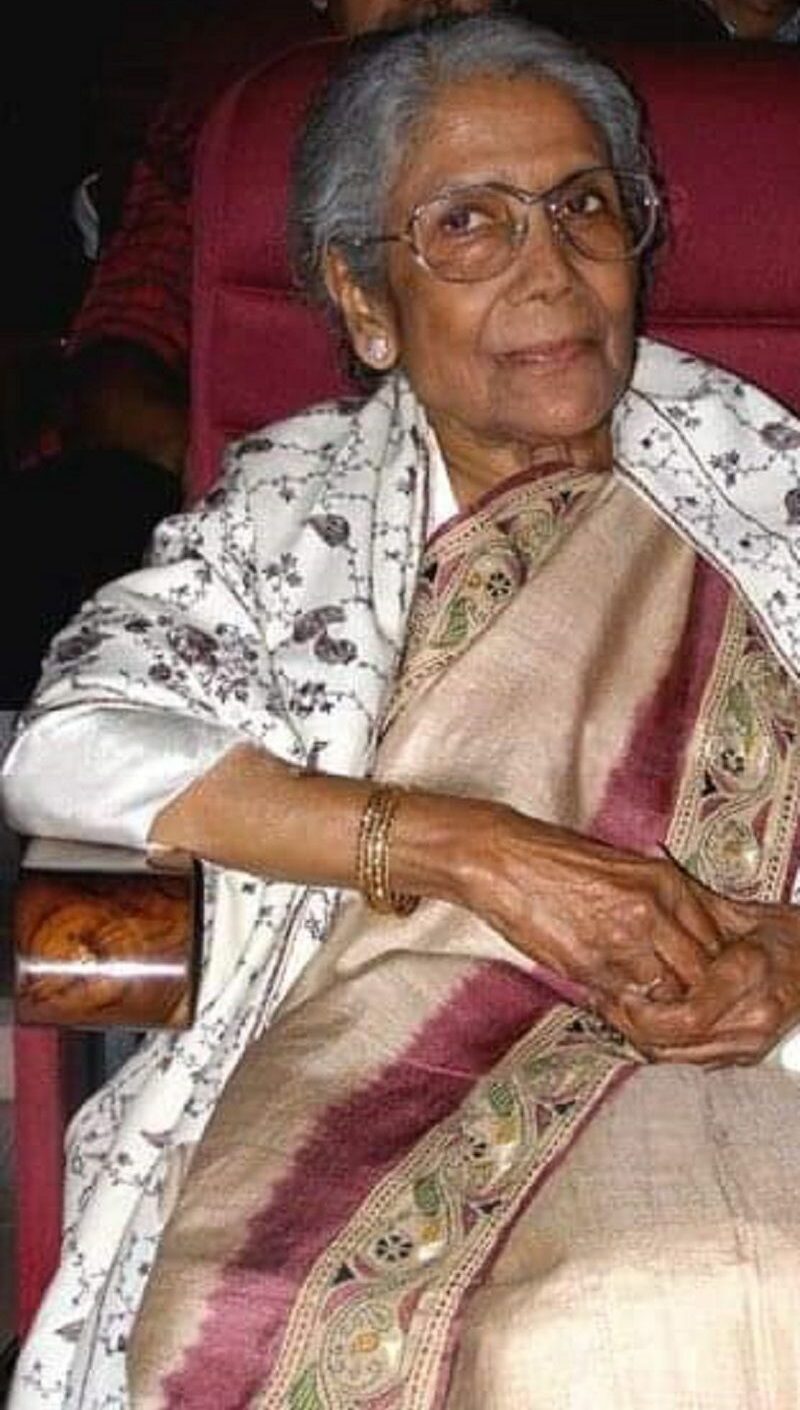
Some Lesser Known Facts About Sandhya Mukherjee
- Sandhya Mukherjee was an Indian playback singer who is mostly known for singing Bengali songs.
- She took music training under Pandit Santosh Kumar Basu, Professor A T Kannan, and Professor Chinmoy Lahiri.
- She learned Indian classical music from her guru Ustad Bade Ghulam Ali Khan, and after his death from his son, Ustad Munavvar Ali Khan.
- In 1951, she started her career in Mumbai with Hindi songs in the movie ‘Tarana.’
- She has sung Hindi songs in more than 17 films. Apart from Bengali songs, Sandhya has also lent her voice to many Hindi songs that include Aayee Mere Jeevan Ki Saanjh Suhani (1948), Bol Papihe Bol Kaun Hai Tera Chitchor (1951), Jungle Mangal (1953), Maine Jo Lee Angrayee Teri Mehfil (1956), and Tose Naina Laage Re Saanwariya (1966).
- Some of her popular Bengali songs include Madhumaloti Dake Aay, Lalita Go Bole Di, Ei Sanjhjhara Lagane, and Ebare Bujjechi Ami.
- In 1946, she stood first in the Gitashree Examination.
- In 1952, she went back to Kolkata, where she got married in 1966. Her husband used to write lyrics to many of her songs.
- Sandhya’s collaboration with Bengali singer Hemanta Mukherjee became very popular, and they became one of the best duet singers in the Bengali music industry. Most of their songs featured Uttam Kumar and Suchitra Sen.
- In 1971, Sandhya raised funds for the refugees who came from West Bengal during the Bangladesh Liberation War. During the war, she also recorded various patriotic songs with Bangladeshi musician Samar Das for a radio broadcasting Swadhin Bangla Betar Kendra. She became the first artist to visit Dhaka to perform on Bangladesh’s independence day in 1971.
- She wrote an autobiography titled Ogo Mor Gitimoy that was published in 2001.
- According to her, when she was seventeen or eighteen years old, she had to suffer from a disease called Mumps. She took treatment for this, but her right ear got permanently damaged.
- In 2022, she refused to receive the Padma Shri award and said that it was more deserving of a junior artiste and not someone of her stature. In an interview, her daughter Soumi said,
There is no politics in it. She is far beyond any politics. Please don’t try to find out any political reasons in it. She felt insulted, that’s all.”
References/Sources:

